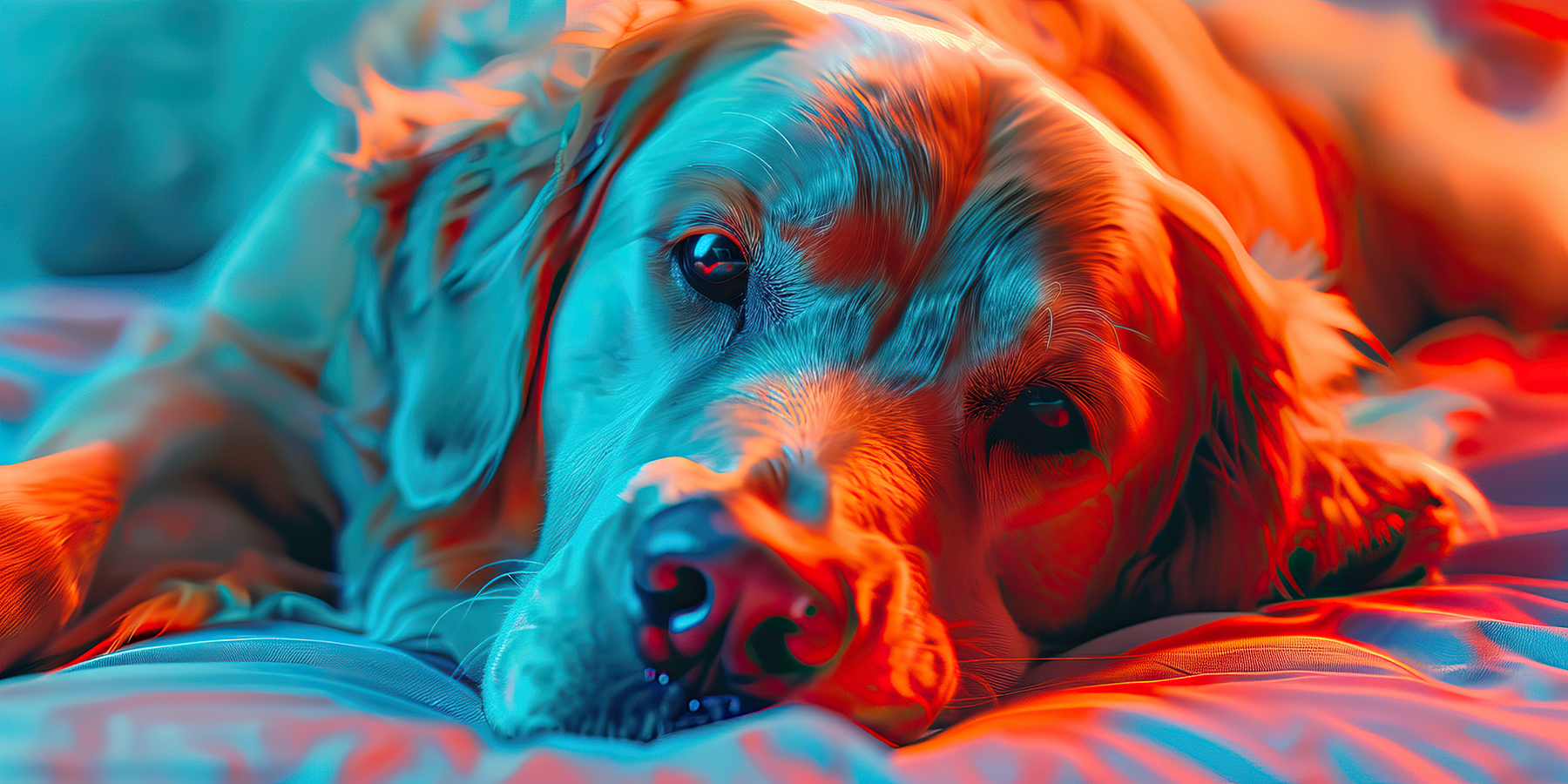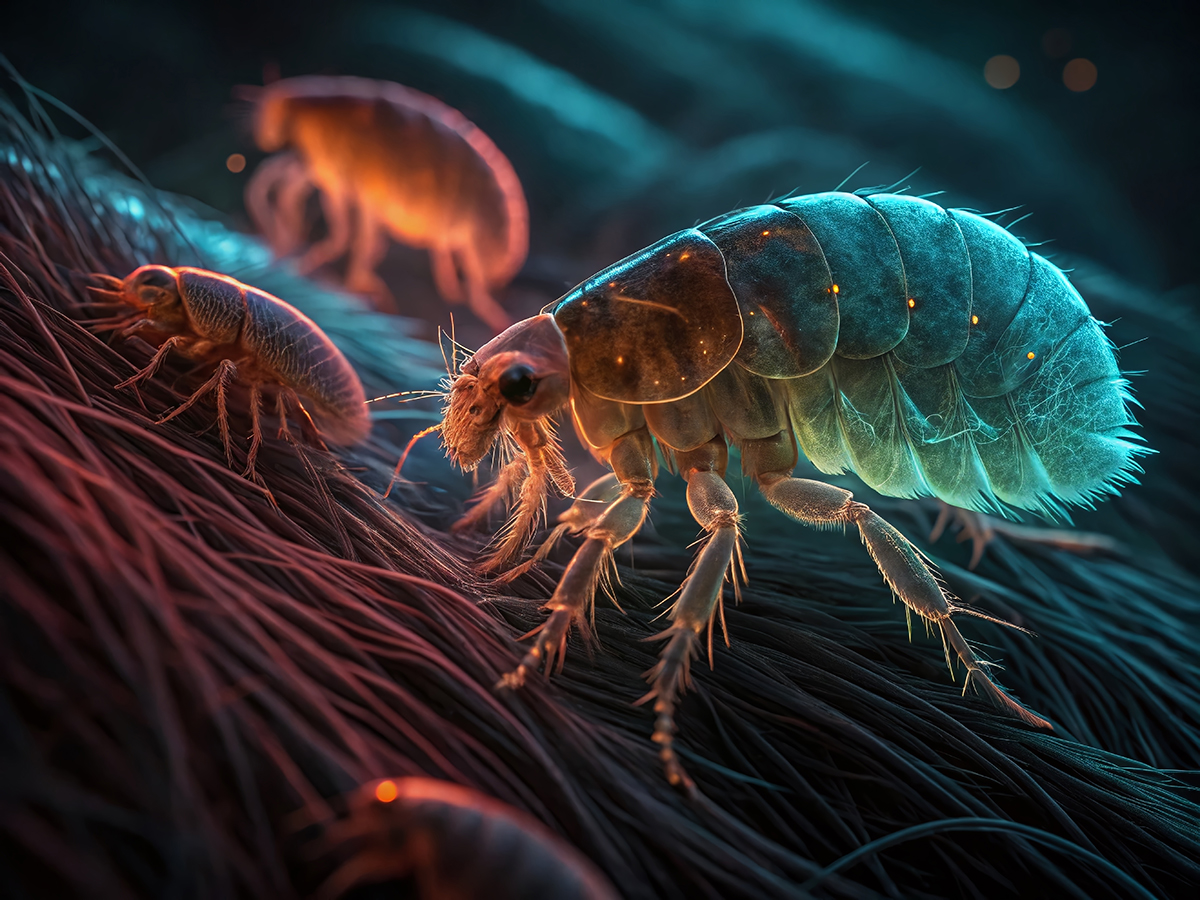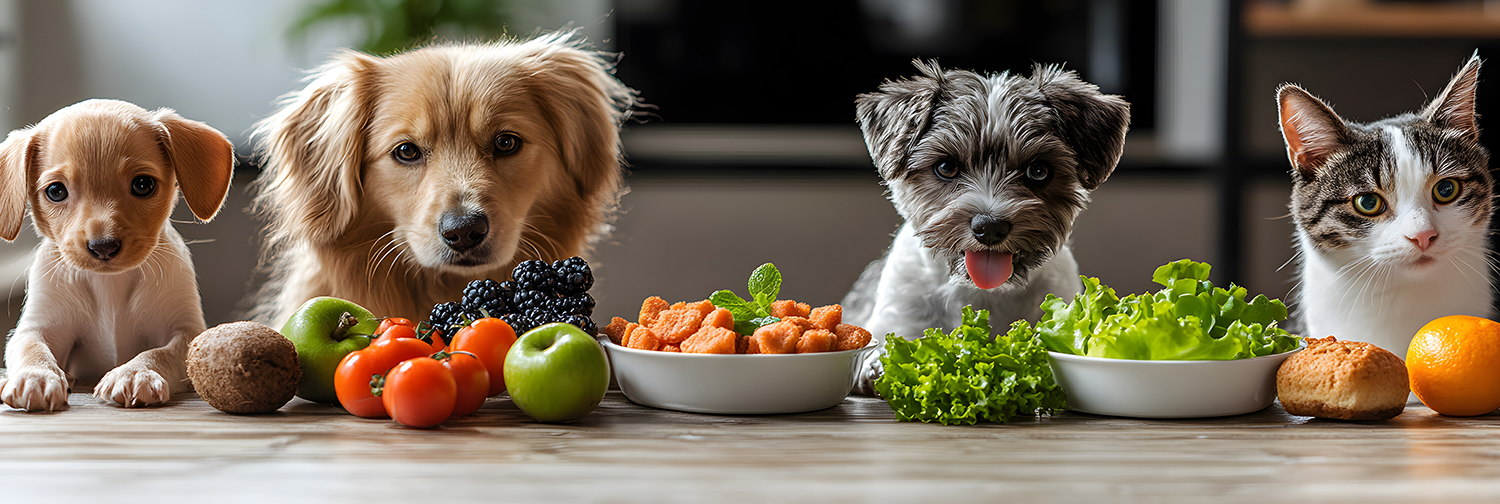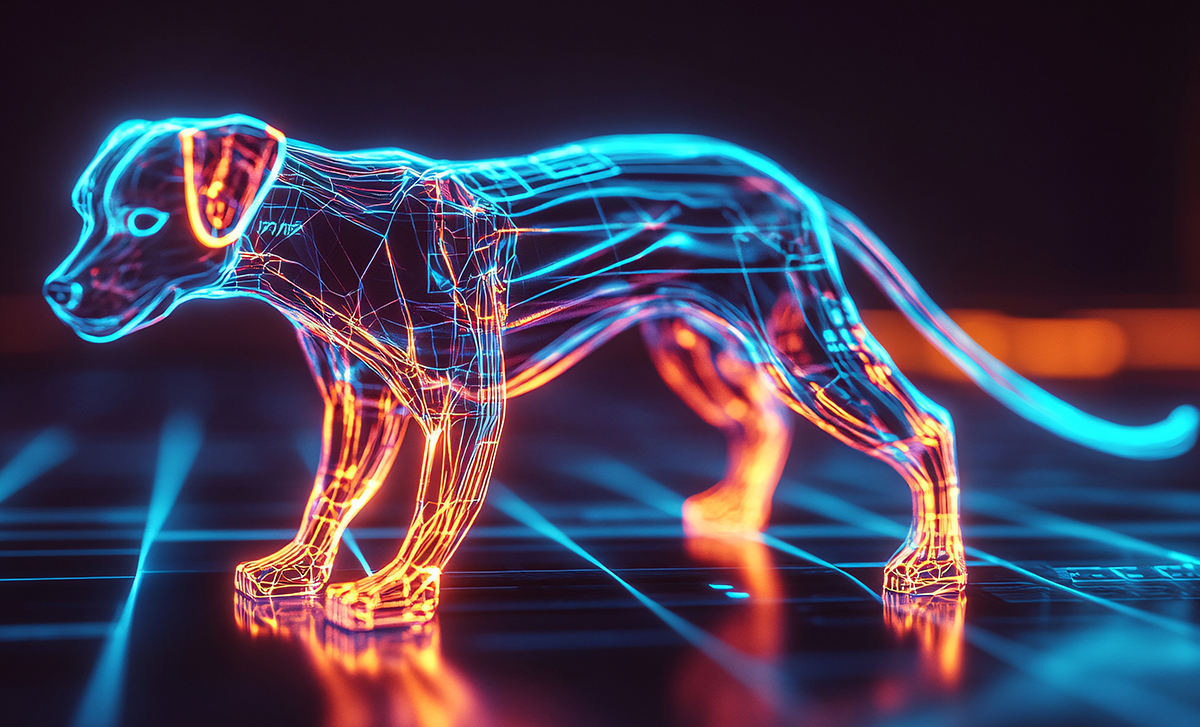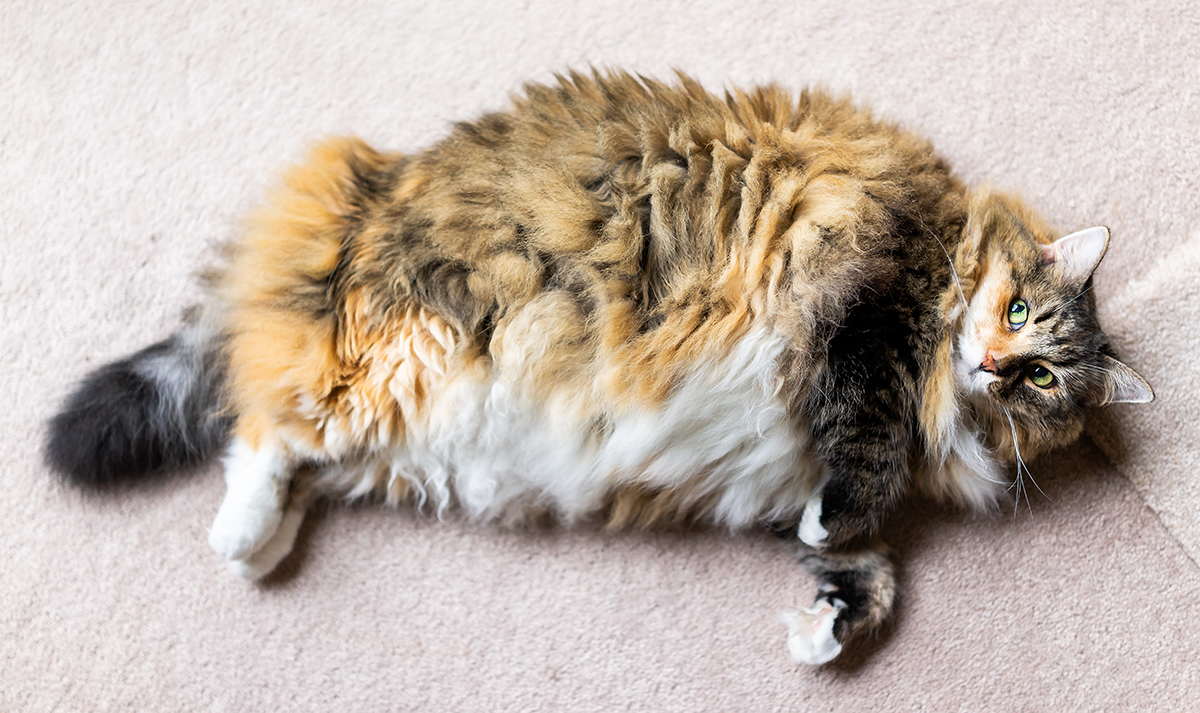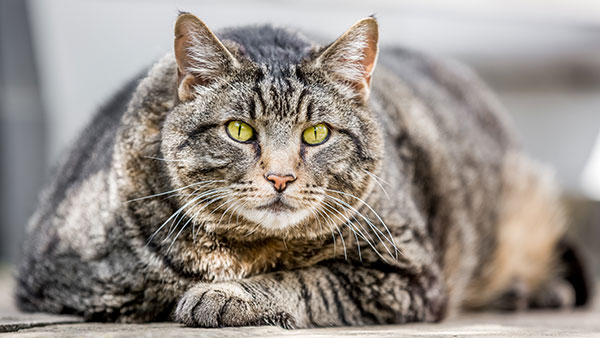 Cat obesity and human obesity is a real problem in America. Unfortunately, they often live in the same household! People who overeat often tend to over feed their pets. Overweight cats face serious health risks, lower quality of life and perhaps even a feline form of depression.
Cat obesity and human obesity is a real problem in America. Unfortunately, they often live in the same household! People who overeat often tend to over feed their pets. Overweight cats face serious health risks, lower quality of life and perhaps even a feline form of depression.
Domestic cats have lives that are a far cry from the day-to-day struggle of their early ancestors. Today’s cats are more likely to be beloved pets, coddled by their owners, living in comfortable homes. Although north Alabama environments provide many opportunities for cats to stalk birds and small game, most cats live their lives indoors and do not get the exercise their ancestors typically would have gotten.
The Problem of Cat Obesity
In their natural environment, cats usually spend a great deal of their time hunting for their food. Cats often live in communal groups, so they would not only be responsible for catching their own food, but also provide for the kittens in the group. Hunting required covering a sizable amount of terrain to find small prey. However, today, cats rarely have the need to wander about looking for their dinners, as most cats are kept as pets and home companions. Usually their meals are set out for them on a regular schedule. The calories that they once burned in the pursuit of finding a source of sustenance now simply goes into fat storage in their bodies. Playing for a few minutes with a toy is not sufficient to burn the calories originally expended for survival. Hence, many cats are now becoming overweight.
Causes of Overweight Cats
There are two other primary causes of cat obesity in addition to lack of exercise: overeating; and type of cat food. First, many cats are allowed to feed any time they wish, with bowls of food left out for them to graze on throughout the day. Cats will feed simply because the food is available, consuming more calories than they can reasonably burn. Second, the majority of cat foods on the market contain significant amounts of carbohydrates from corn, barley, rice or even wheat and sugar, so that the food will not spoil when left out for periods of time. However, cats are not designed to be carbohydrate eaters. They are primarily meat-eaters and do not have the enzyme that digest carbohydrates that humans and even dogs have. As these carbohydrates are not digested properly, and are not utilized as energy, your cat can get fat.
The excess pounds on your cat can have a number of detrimental health effects. Heart disease, arthritis and diabetes and shorter lifespan are all associated with obesity in cats. Keeping your cat fit can have a significant effect on these problems.
Maintaining Your Cat’s Proper Weight
To keep your cat in good physical condition to maintain good health, follow a few basic tips:
• Offer a high quality cat food that is high in protein and low in carbohydrates. Cats need high amounts of quality protein to maintain good health. Their food should contain approximately 45% protein, 40% fat and less than 5% of carbohydrates
• Set out only a small amount of food several times each day. Avoid leaving out large amounts of food for grazing.
• Help your cat to get daily exercise with toys and personal interaction. Buy a climbing structure. Some people feel another cat is a good way to ensure that cats get their exercise. Although it looks strange, taking your cat on a walk with a leash gets them moving (just hope they don’t decide to let instinct kick in and take off after a bird or chipmunk).
• See Dr. Whitworth on a regular schedule to get vaccinations and monitor overall health. Your vet can advise you on the right way to put your cat on a diet and the right kind of food to use. To read about his suggestions for maintaining your pet’s weight +
Read another article about health problems in overweight cats+


